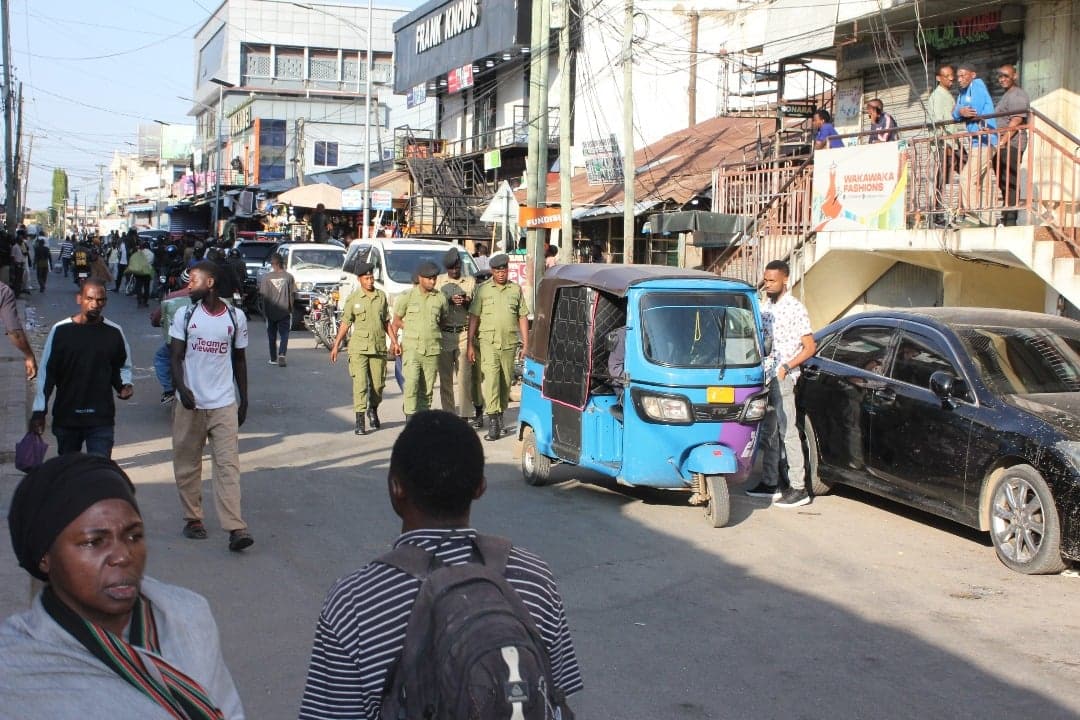Market traders in Tanzania launched a nationwide strike against tax hassles this week with pockets of resistance to government peace overtures still evident by Thursday.
This week’s strike began at Kariakoo and later spread to other urban markets across the country, indicating rising discontent over alleged harassment by government revenue collectors especially when inspecting compliance with requirements for electronic fiscal device (EFD) receipts and electronic tax stamps for transactions.
Their attention now appears to be focused on July 1, when the Tanzania Revenue Authority (TRA) is expected to introduce a more efficient system involving proper receipts and invoices for traders to be assessed more accurately on what they owe in taxes.
After a meeting between the traders’ leaders and Prime Minister Kassim Majaliwa in Dodoma, government spokesperson Thobias Makoba on Thursday announced interventions to end the go-slow.
These include Tanzania Ports Authority adding an inland container depot to clear cargo imported by market traders for domestic sale; and TRA to set up a mechanism for monitoring local sales of eight specific imports under a cap prices schedule.
But, while traders in Dodoma, Mbeya, Mwanza, Geita, Njombe, Mtwara, Songwe, Iringa, and Arusha also joined their Dar es Salaam counterparts in a strong show of unity, the strike overall remained a slow-burner, compared with Kenya’s tax riots.
Read: Kariakoo market boycott a win for democracy in Dar
Police have been deployed in Mwanza as traders’ strike in Tanzania continues for a third day and has expanded to other regions, including Dodoma, Mbeya, and Iringa.
Police say the street patrols are to ensure safety of traders who’ve chosen to open their shops despite the strike pic.twitter.com/IRSQjZynGH
— TheCitizenTz (@TheCitizenTz) June 26, 2024
Revenue disruption
Concluding the National Assembly’s discussion of Tanzania’s 2024/2025 budget on Wednesday, Finance Minister Mwigulu Nchemba said some of the demands raised by the traders, if accommodated immediately, would disrupt the government’s expenditure plans for the coming fiscal year.
These include a proposed VAT reduction from 18 percent to 12 percent which, according to Dr Nchemba, would blow a Tsh600 billion ($228.57 million) hole in the Tsh49.35 trillion ($18.98 billion) budget.
Likewise, removing some service levies would hurt district and town councils, which depend on the levies to fulfil their social responsibilities, the minister added.
The budget, which includes a domestic revenues component of more than two-thirds (67.4 percent) totalling Tsh33.25 trillion ($12.79 billion), was approved by parliament late Wednesday. A supporting Finance Bill is still being discussed in the House.















